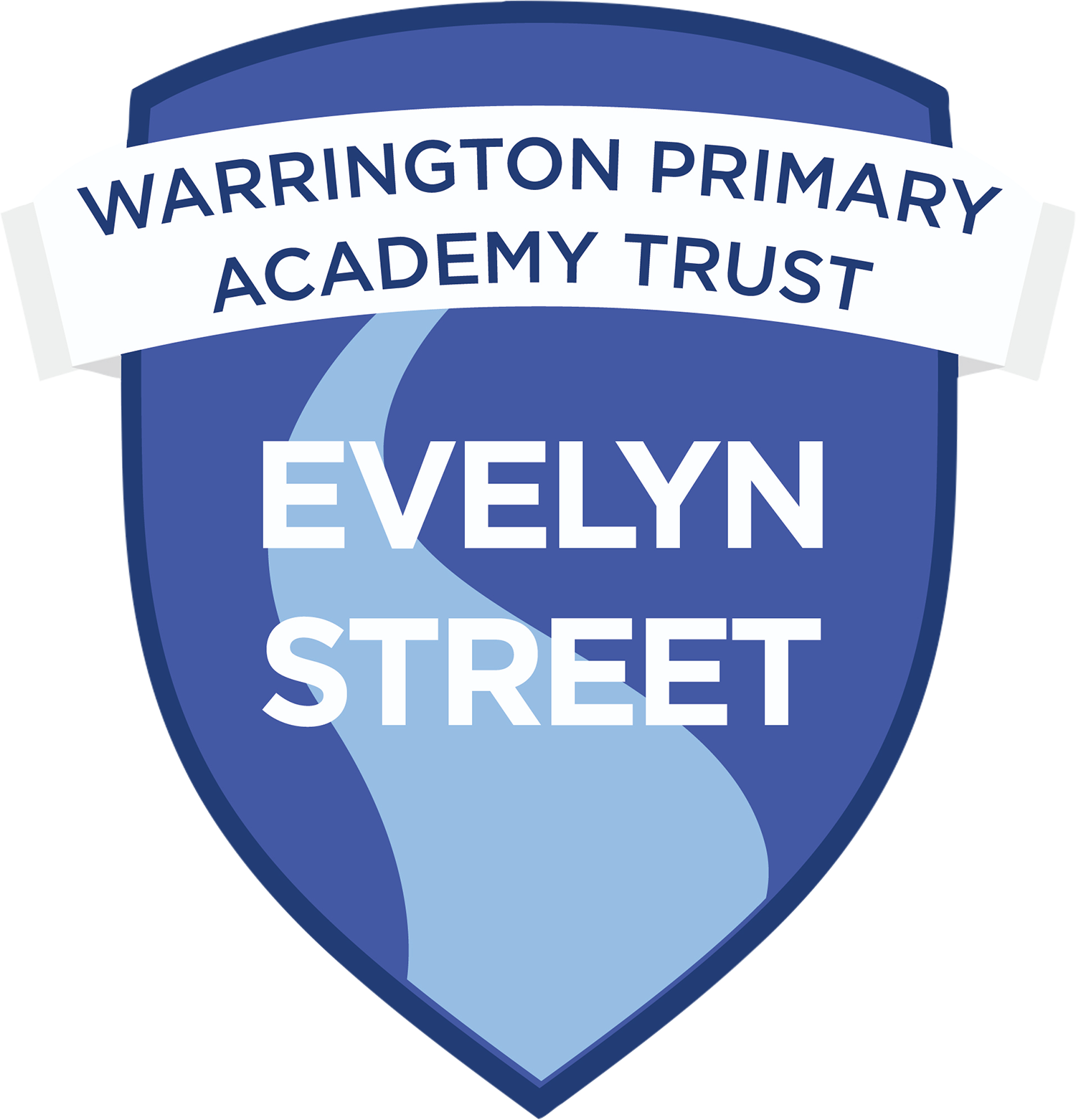History
Why teach History?
History should be more than remembering events and the dates that they took place. Although this knowledge is important to history, it is ‘why’ things happened that must be investigated, and how these historical events impact on our lives today.
By studying history, children come to understand their place in the world and in the long story of human development. We aim to challenge our children and turn them into historical ‘detectives’ who are curious about the past developing skills such as perseverance and resilience to find answers to historical questions.
Children will gain a sense of chronology, and through this they will develop a sense of identity and a cultural understanding based on their historical heritage.
In order to achieve this, children investigate these past people and events through the use of enquiry, comparison, analysis and interpretation and to use a range of high quality resources and artefacts to support this. We aim to provide an enriching learning experience that enables children to come to their own conclusions through the evaluation of a variety of sources.
Every aspect of our lives is affected by what has gone before. By having a clear, rounded grasp of history not only enables our children to know where we have been, but perhaps more importantly, where we are going.
How we teach History
We have identified the key knowledge, skills and topics required to give a broad and balanced history curriculum for our children and this is cross referenced to, and in line with, national curriculum expectations.
Enrichment opportunities are provided throughout and beyond our history curriculum for all pupils through the use of high-quality resources and historical artefacts, carefully planned visitors, workshops and visits both locally and nationally. We are incredibly fortunate that in our local area we can see and engage with historical places of interest such as the ruins of a Roman villa and Burtonwood Airbase.
What your child will learn
- A thorough knowledge of timelines and how they are used to map events
- A wide-ranging historical vocabulary
- An ability to interpret history, develop conclusions and communicate their findings in a variety of ways
- An understanding of events that have helped shape the world we live in
- Enquiry skills that enable them to answer focused historical questions, including how evidence is used rigorously to make historical claims, and discern how and why contrasting arguments and interpretations of the past have been constructed
- An understanding of how historical events have impacted upon the local area
